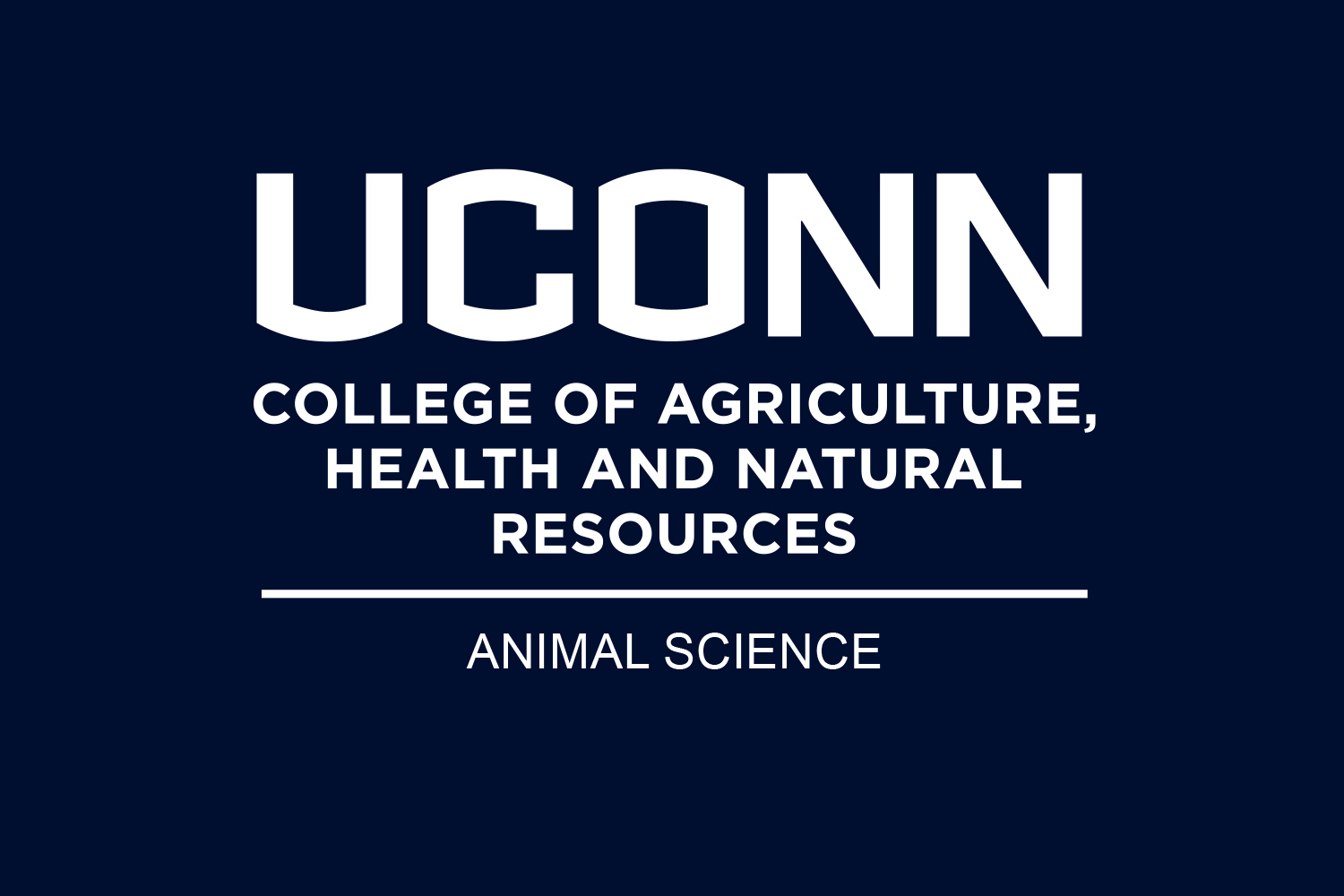Amanda Reiter always knew she wanted to work with animals. Her cousin arranged for her to adopt a rescue horse, so she spent her younger years working in barns around horses and cattle. Her master’s degree research led to an interest in muscle biology, which brought her to CAHNR. She sees herself working at a university but is keeping her options open, although she does want a position that includes an outreach component. Read more about her experiences at UConn.
Where did you study as an undergraduate? What was your major?
I studied animal science at the University of Minnesota. I graduated in 2016 with a BS in animal science with an equine emphasis. Following completion of that degree, I pursued an MS in animal nutrition in the same department. My master’s research encompassed a wide variety of projects including evaluating round-bale wrap types in long-term storage, beef cattle waste and preference when fed stored forage and the effect of β-hydroxy β-methylbutyrate on protein synthesis in equine myogenic satellite cells.
Why did you decide to go to graduate school?
I have always had a fascination with understanding the “why” behind how things work or why they are the way they are. I became involved in research activities in my undergraduate career and loved it. I received an undergraduate grant to work on a project analyzing how grazing different forages influence metabolite response in horses. During this project, I was able to work in the lab and realized that was my passion and graduate school would allow me to continue learning lab techniques.
Who is your advisor? What is your field of research?
My advisor is Dr. Sarah Reed. Dr. Reed’s lab and Drs. Steve Zinn and Kristen Govoni have conducted previous research evaluating the role of maternal diet during gestation on fetal and postnatal growth and development. I have joined this effort with a specific interest in how maternal diet during gestation influences inflammation and oxidative stress in offspring.
Name one aspect of your work that you like.
One of the aspects of my work that I really enjoy is working closely with the sheep. I have always been an animal person, but working with small ruminants is relatively new for me. It has been challenging and very rewarding. Equally, I enjoy working with the undergraduate students assisting with the animal trials as we all gain invaluable experience.
In your opinion, what is your greatest accomplishment so far?
One of my greatest accomplishments thus far is the completion of not only my BS but also my MS as a first-generation college student.
When do you expect to get your degree? What then?
I expect to finish my degree in the spring of 2022. Following a successful completion of my PhD, I would like to continue working in equine and livestock nutrition.
Is there anything else you would like us to know about you?
I am an avid horse person in my personal life. I have a Friesian Sport Horse, Aldrick, with whom I compete in lower level dressage.



